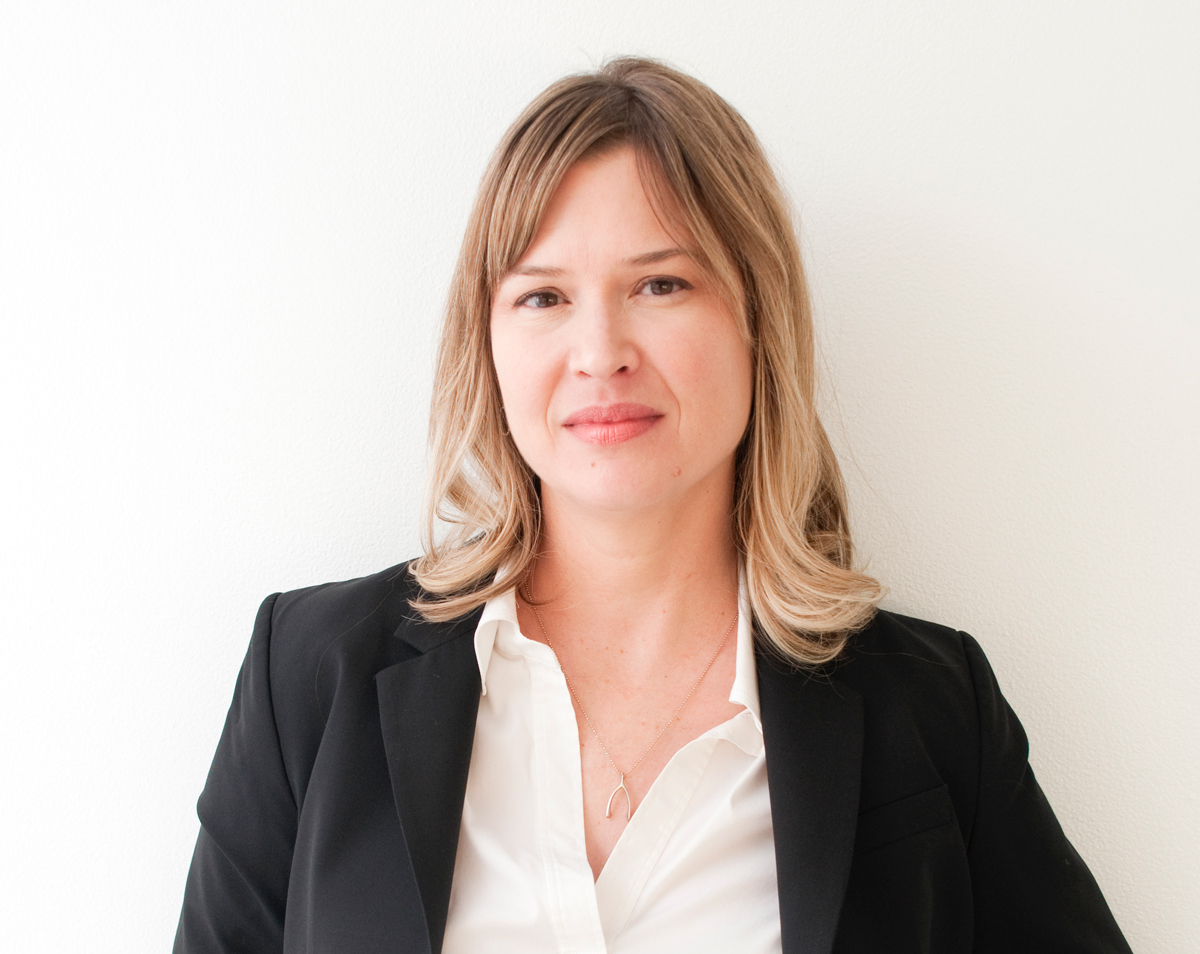
Johanna Burton, a high-profile curator who has held leadership positions at a number of major institutions, has been named the new executive director of the Museum of Contemporary Art (MOCA) in Los Angeles.
Burton will share leadership duties with Klaus Biesenbach, who, in February was unceremoniously removed from his post as director and instead made artistic director, tasked with handling the museum’s programming, collections, and exhibitions. At the same time, the museum’s board of trustees commenced a search for someone to fill the newly-created position of executive director, responsible for the “overall management and operations of the museum,” according to an internal letter reviewed by Artnet News.
Burton will assume her new role November 1, 2021. Both she and Biesenbach will report to the board.
“It’s thrilling to join MOCA’s team at this historic moment,” Burton said in a statement. “MOCA’s artist-centered mission dovetails with my own commitment to creating platforms that foster artistic innovation and emphasize deep connections to audiences.”
“I’m excited to work closely with Klaus on visioning the next era of MOCA,” she went on, “listening closely to our staff and communities, while bringing the museum’s structures into ever-more vibrant alignment with the museum’s values.”
Long seen as a rising star in the museum-executive ranks, Burton comes to MOCA from the Wexner Center for the Arts in Columbus, Ohio, where she has served as executive director since 2019. Prior to that, her CV included such gigs as the Keith Haring Director and curator of education and public engagement at the New Museum in New York; director of the graduate program at Bard College’s Center for Curatorial Studies; and associate director of the Whitney Independent Study Program. Her curatorial credits include major exhibitions of Sherrie Levine, Haim Steinbach, Simone Leigh, and several shows exploring gender and identity.
MOCA LA’s announcement praised Burton for her engagement with education and inclusivity, as well as a “long-term commitment to the kind of institution-building that is essential today.”
“Her hallmark is implementing more horizontal institutional structures to support professional development and advancement of staff, as well as community engagement, always prioritizing diversity, equity, inclusion, and access,” the brief read.
While it’s not clear what Burton meant by the phrase “historic moment” in today’s statement, it’s tempting to read it as a coded reference to the many—often sudden—executive-level shake-ups that have roiled the museum over the last 13 years.
When Biesenbach was brought on in 2018, he became the fourth director to lead the museum since 2009. His two most recent predecessors, Philippe Vergne (who led MOCA from 2014 to 2018) and Jeffrey Deitch (2010 to 2013), both departed amid swarms of controversy following the departure of their chief curators—Helen Molesworth and Paul Schimmel, respectively.
In 2008, the museum teetered on the brink of financial collapse—and even came close to merging with the Los Angeles County Museum of Art—before being rescued by a $30 million bailout from philanthropist Eli Broad. The director at the time, Jeremy Strick, was largely blamed for the institution’s precarious position and agreed to resign as part of the deal.
Biesenbach’s short tenure atop the org chart was similarly marred by strife, albeit for reasons largely outside of his control. With the onset of the pandemic in March 2020 and the ensuing lockdowns, MOCA furloughed or reduced the salary of 69 full-time employees and laid off 97 part-timers.
“I am excited to have such a strong partner in Johanna and eagerly look forward to collaborating with her,” Biesenbach. “I have great respect for the integrity, perspective, and expertise Johanna will bring to our collective work serving MOCA’s team, constituencies, and artists, its increasingly large and diverse public, and all residents of Los Angeles.”
In addition to Burton’s hire, MOCA’s year has also been notable for a couple of key departures. Mia Locks, who had served as senior curator and head of hew initiatives, resigned in March, citing the institution’s failure to embrace diversity and inclusion efforts, while human resources director Carlos Viramontes left in February, terming the museum a “hostile” environment.
But even today’s news arrived with a pinch of controversy: Prior to the official announcement of Burton’s hiring, MOCA LA sent out an embargoed press release laden with bizarre demands about how the story should be reported by media outlets. Rather than writing about the hiring, Christopher Knight, art critic for the LA Times, lambasted the museum for trying to control the narrative.